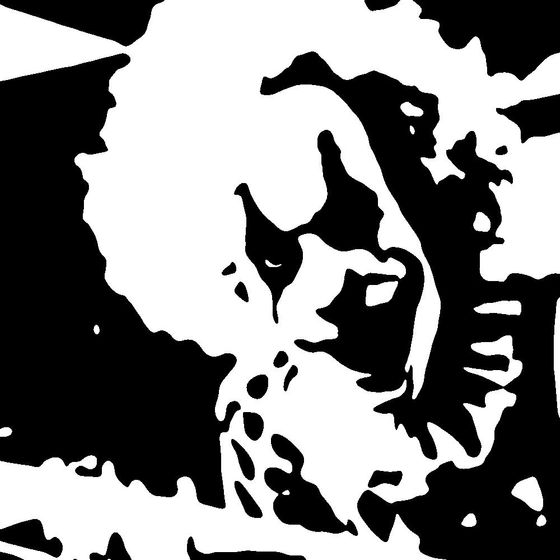The brain mechanism that creates inspiration and the reason why inspiration is memorable

When you're struggling with a problem you don't understand, you might suddenly experience a 'snap of inspiration'—a sudden feeling that the answer has suddenly appeared in your mind. Cognitive neuroscientists at Duke University have discovered how this happens.
Insight predicts subsequent memory via cortical representational change and hippocampal activity | Nature Communications
How Your Brain Creates 'Aha' Moments and Why They Stick | Quanta Magazine
https://www.quantamagazine.org/how-your-brain-creates-aha-moments-and-why-they-stick-20251105/
When inspiration strikes, it feels like a flash of light appears in your mind. This sudden change in understanding of information is known as a 'representational shift,' but it was unclear how the brain supports this change.
Duke University cognitive neuroscientist Maxi Becker and his colleagues created tasks to inspire people, and then used magnetic resonance imaging (MRI) to capture the brains of those who came up with the answer in an attempt to elucidate brain function.
To create the task, Becker and his colleagues focused on black-and-white photographs known as Mooney images. Mooney images are photographs whose contrast is increased to the maximum, turning them into black-and-white images so that it is impossible to tell at a glance what the subject is. However, if you take the time to look at them carefully, some people can guess the original image, giving you a powerful flash of inspiration.
Below are some examples of Mooney images. Click to see the original image.

Becker and his colleagues had participants lie down in a scanner and view a total of 120 Mooney images. After viewing each image for 10 seconds, participants were asked to indicate whether they recognized the object in the image. If they did, they answered a series of questions, such as whether they had a moment of inspiration, whether they experienced positive emotions, and how confident they were in their recognition.
Becker and his team then used neural networks to analyze the brain imaging data to identify what kind of brain activity occurs when subjects correctly recognize a Mooney image. They observed that the moment subjects recognized an object, brain activity increased in the ventral occipitotemporal cortex (VOTC), which is responsible for visual pattern recognition; the amygdala, which processes both positive and negative emotions; and the hippocampus, which is involved in memory processing. This series of activities was stronger when subjects had a high level of confidence and a positive experience.

According to Becker, the hippocampus is involved in inspiration. The hippocampus is also known as the brain's 'discrepancy detector,' reacting when the brain's predictions don't match real-world events. In this experiment, the hippocampus gave meaning to images that seemed meaningless, resulting in a result that contradicted the brain's predictions.
Furthermore, Becker and his colleagues explored the possibility that inspiration can form lasting memories. Previous research has shown that inspiration doesn't just give you a momentary sense of an idea, but also helps you retain that idea over the long term. In particular, inspiration tends to result in a stronger memory of the solution compared to solving a problem gradually. Becker and his colleagues wanted to understand why this was the case.
A few days after showing the subjects the Mooney images, the researchers had them view additional Mooney images online, including some of the images they had seen initially, to see how well they remembered the previous images.
The results showed that the images that participants rated highly on all three scales—'inspirational,' 'positive emotion,' and 'high confidence'—were better remembered. These results suggest that inspiration helps strengthen memory.
Furthermore, the subjects who showed greater increases in activity in both the VOTC and hippocampus also showed stronger memories of the Mooney images. Based on this, Becker and his colleagues speculate that 'the significant changes in brain activity may have strengthened the experience and promoted the consolidation of long-term memories.'

However, while inspiration certainly strengthens memory retention, it does not guarantee that the memory is correct. In this experiment, even when subjects thought they had an inspiration, their guesses were often wrong, and even when they rated images highly on all three criteria, inspiration, positive emotion, and confidence, they were still mistaken.
'These findings shed light on the mechanisms of memory formation and may have educational implications,' said Becker and colleagues. 'They highlight the importance of fostering inspiration-driven learning environments as an effective means of problem-solving and knowledge retention.'
Related Posts:
in Science, Posted by log1p_kr







